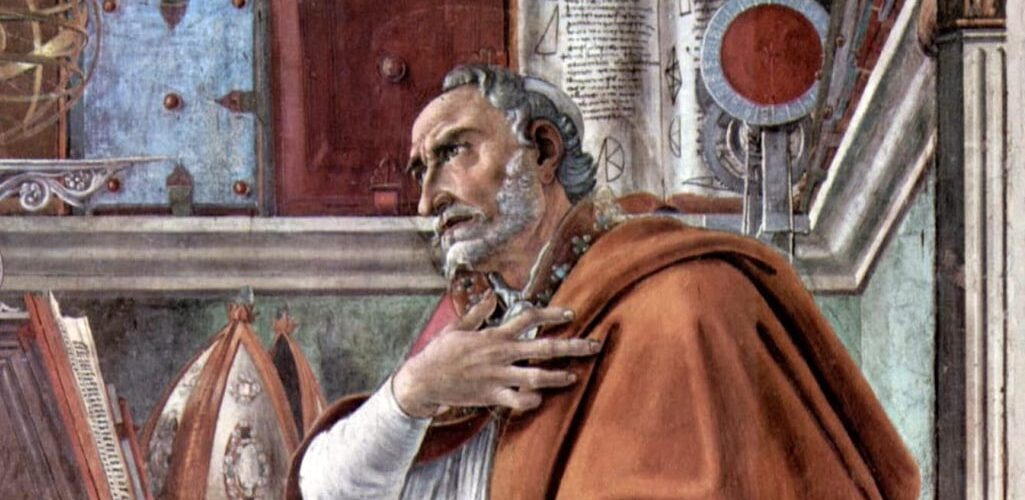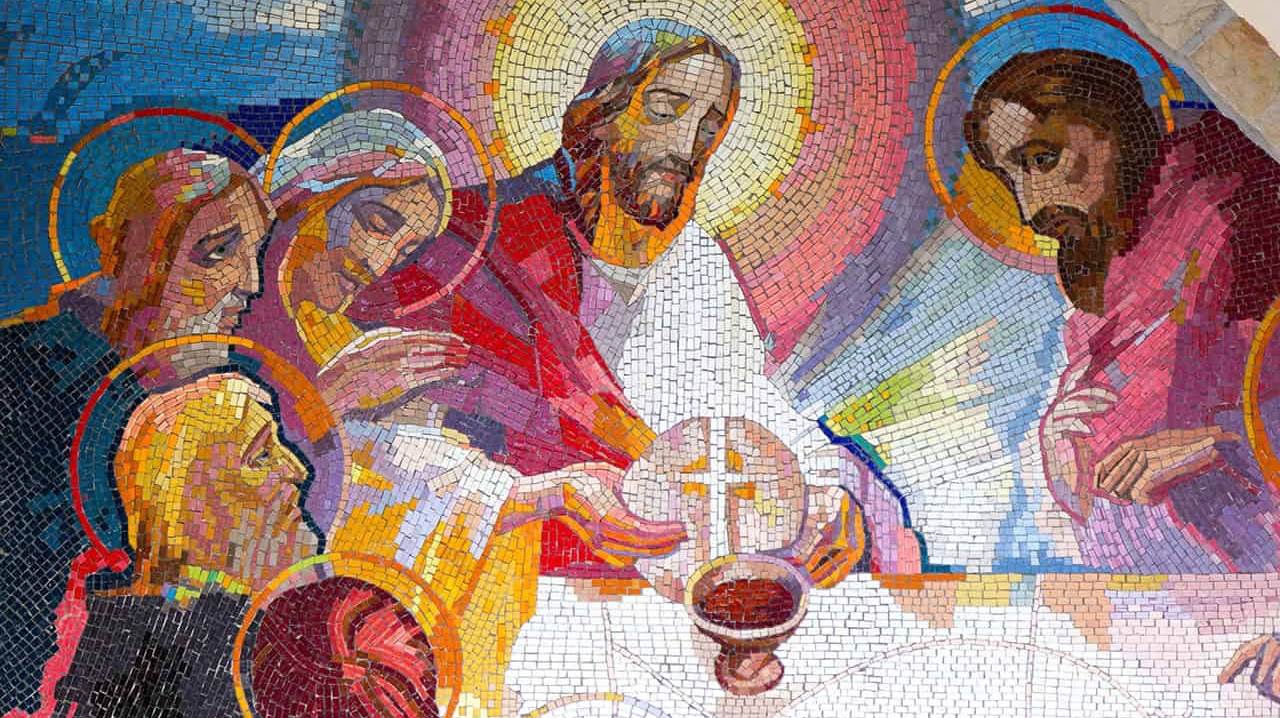As a lead in the OCIA (Order of Christian Initiation of Adults, formerly known as RCIA – Rite of Christian Initiation of Adults), I often find the initial discussions about God challenging. How do we convey the essence of an infinite being, one greater than anything our minds can ever fathom? While the Catechism of the Catholic Church emphasizes His nature and attributes, balancing such theological doctrine with relatable and inspiring teaching is essential.
The Catechism’s Approach to God’s Nature and Attributes
Faith and Reason
The Catechism asserts that the existence of God can be known through human reason, often referred to as natural theology, and also through divine revelation (CCC 36-38). This dual approach allows us to understand God not only through our intellectual abilities but also through the faith tradition passed down through the ages.
The Oneness of God
One of the foundational principles in Christianity is the belief in one God, who is the central mystery of faith and life. Known as the Holy Trinity, God exists as Father, Son, and Holy Spirit (CCC 234). This doctrine, while complex, underscores the unity and distinctiveness of God’s three Persons.
God as Truth and Love
The Catechism also describes God as the ultimate Truth and as Love itself (CCC 214-221). His essence is manifested in His creation and His plan for salvation. This understanding helps believers see God not just as a distant entity but as an intimate, loving presence actively involved in the world and in human lives.
God’s Omnipotence
God is omnipotent, meaning He is all-powerful and capable of doing everything that is logically possible and consistent with His nature (CCC 268). Understanding God’s omnipotence invites believers to trust in His ability to achieve His divine will, even beyond human limitations.
Boundless Perfection and Presence
God’s perfections are boundless, and His presence is all-encompassing (CCC 212-213). This attribute highlights the vastness of God’s nature, extending beyond any human understanding or measurement.
Creator of Heaven and Earth
Acknowledging God as the Creator of heaven and earth underscores His sovereignty over all creation (CCC 279). This belief is fundamental, revealing God’s role in the existence and sustenance of the universe.
Divine Providence
God’s providence refers to His guidance of all creation toward its ultimate perfection, respecting human freedom while working through it (CCC 302-308). This concept assures believers of God’s continual involvement and care in the unfolding of His plan.
Divine Revelation
God’s revelation is a self-disclosure through which He makes Himself and His will known to humanity (CCC 50-73). Divine revelation serves as a critical starting point for understanding God, emphasizing that our knowledge of Him is due to His initiative in revealing Himself.
Bridging Doctrine and Relational Experience
While these attributes and teachings from the Catechism provide a solid foundation, they can initially come across as abstract and distant. Instead of fostering a mere intellectual understanding, it’s vital to inspire a relational connection with God. The Catechism’s “academic God” often feels remote, and defining God strictly through such attributes may lose the relational aspect essential to our faith.
Firstly, it’s crucial to recognize that our search for God is inherently a response to His invitation. As St. Augustine famously noted, “Our hearts are restless until they rest in You.” God’s revelation is the starting point, and our sincere response involves an open mind – one willing to explore and not simply adhere to pre-existing notions.
When we open our minds to the possibility of God, extraordinary things can happen. Empirical thoughts blend with reason and philosophical arguments for the existence of God, enhancing our understanding. In line with St. Ignatius’ notion of finding God in all things, our senses become attuned to seeing and experiencing the divine presence in our surroundings. Coincidences transform into moments of revelation.
The Limits of Science and the Role of Faith
Science aims to explain known phenomena and provide rationale based on measurements. However, it falls short in comprehending or measuring God, which is beyond our empirical realm. Attempting to use science to fully explain God is like asking a child to explain quantum mechanics. It’s beyond the child’s grasp, just as the fullness of God extends beyond human comprehension.
Rather than attempting to define the indefinable from the onset, we should focus on God’s invitation. This approach shifts the conversation from a debate to an experience. We encourage an openness to God, preparing participants to experience life in a new light. This approach emphasizes that our journey in faith is about building a relationship with God—a journey that He desires to embark on with us.
The key takeaway is that we do not seek to confine God within our definitions. Instead, we embrace the journey of seeking Him, which is a process shaped by faith, experience, and relational growth. This journey leads to a deeper understanding and connection with God, well beyond intellectual assent.
Embracing the Journey Over Definitions
Our journey is enhanced by incorporating personal testimonies and storytelling to bridge the doctrinal and relational aspects of our faith. Witnessing how others have encountered God in their lives provides tangible examples of faith in action, making the abstract nature of God more relatable and inspiring.
Our journey must cultivate a relationship. Prayer and discernment are our means to a personal conversation with God. There is no relationship without conversation. Just as a young couple’s love first begins with relationship, we must embrace the importance of conversation with God in getting to know Him. Our prayer life begins with being open to a relationship that goes beyond intellectual understanding.
Open to the Journey
Discussions about God is undeniably challenging, given the infinite and incomprehensible nature of the divine. We must begin with an openness to a faith journey that leads to a more personal relationship with God. Embarking on this journey encompasses opening both the mind and the heart to a new and richer experience of faith.
Our path to God is about journey and relationship, not simply doctrinal knowledge. We start with the invitation, not the argument. Opening ourselves to God will enable us to experience life in a new light. Perhaps that in itself is the lesson: we do not define God; we seek Him out to build a relationship that He is desiring with us. We propose a journey which later will open us to doctrine. A journey in life, which ultimately leads to eternity.





























